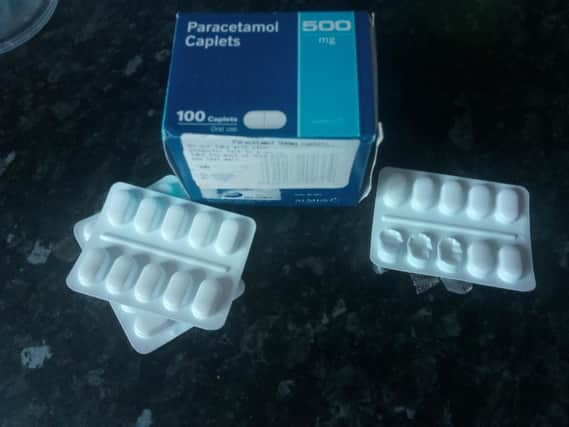Government asks NHS to build up medicine supply in case of no deal Brexit


Around three-quarters of the medicines and more than half of devices and one-use medical products (such as syringes) that the NHS uses come into the UK via the EU.
The government has given instructions to pharmaceutical companies to ensure that they have adequate stocks in order to reduce the risk of disruption if there are delays at the border as expected.
Advertisement
Advertisement
The additional six-week supply will be on top of normal stocks and should ensure that the supply of medicines and other medical supplies will be uninterrupted.
If there are any temporary shortages of particular medicines, doctors will prescribe the best alternative to patients' usual medication to treat their condition.
The Department of Health and Social Care in England is working with counterparts in Scotland, Northern Ireland and Wales to deliver the uninterrupted supplies people expect.
On a longer term basis, the government has said that medicines already approved by the EU will still be supplied in the UK as normal, but the UK won’t be able to take part in approving medicines for the EU market after March 29.
Advertisement
Advertisement
This is because, under European Medicines Agency rules, all medicines have to be approved by an EU member state to be sold in the EU. The UK will no longer be a member state so it will lose that right.
Any British firm manufacturing pharmaceuticals will have to get authorisation in the rest of the EU to continue to sell its products there.
Do you have a question about how Brexit will affect you? Email [email protected].
